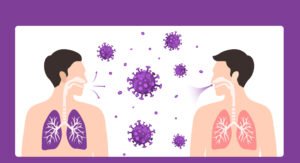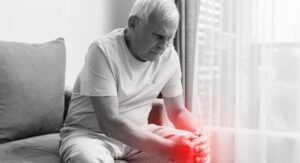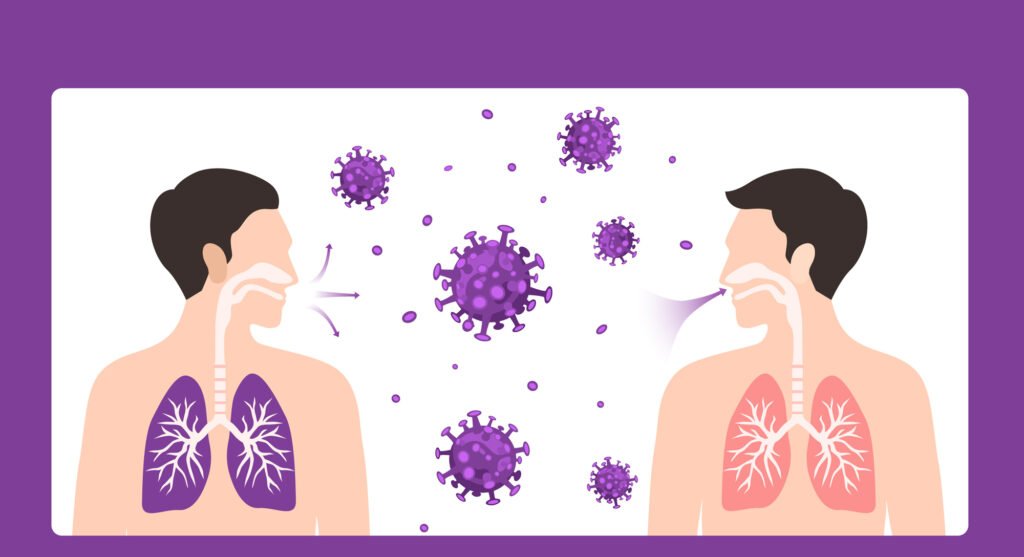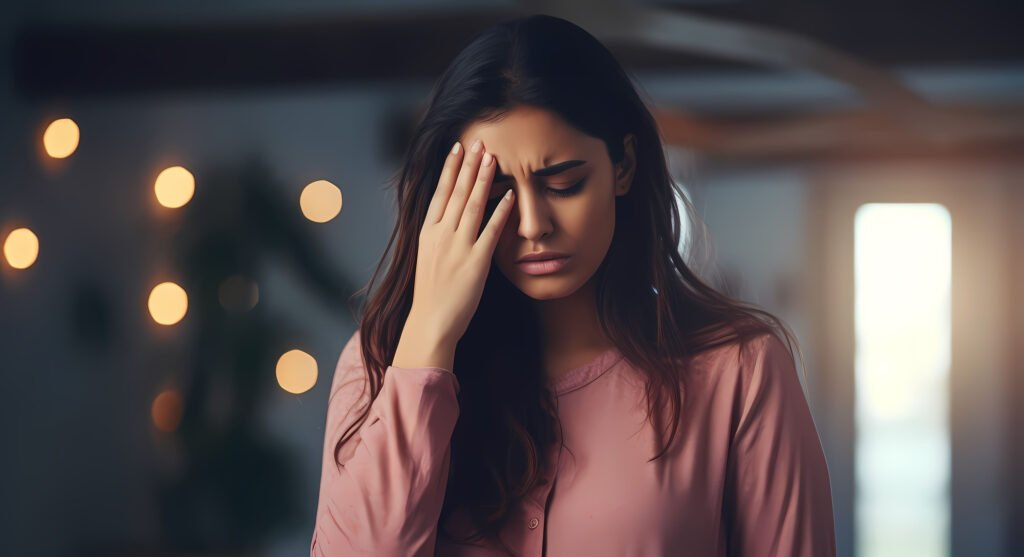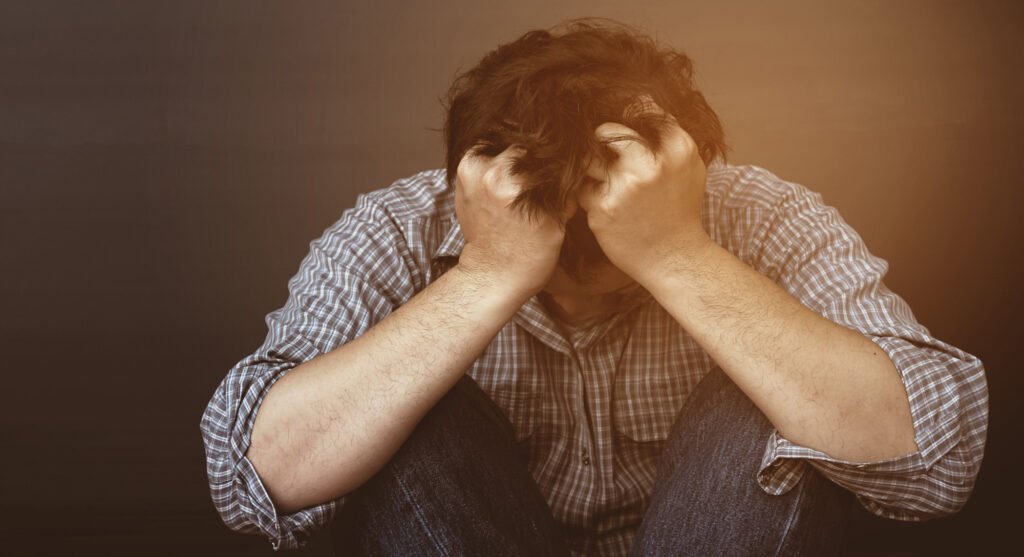Anxiety is the state of feeling nervous or worried that something bad is going to happen. It is natural to feel anxiety cause life is shit and we’ll all die someday. So like when life gives you lemons, its okay to feel anxious before making lemonade. But when does it cross the line? When does it become a problem?
When the anxiety becomes so overwhelming that it affects your everyday work or life, it is a condition to be dealt with, to be acknowledged.
Anxiety cripples you, in apparently small ways, but when you are not able to hang out in a normal social situation, or when it emphasises every insecurity you have had, or when it screws up a relationship, that is when we see anxiety for the problem it is.
And anxiety like any other diseases that requires a diagnosis, treatment, care and understanding.

